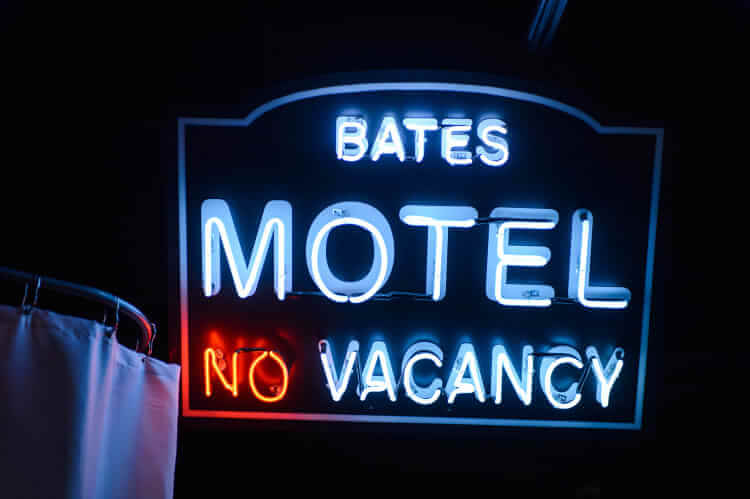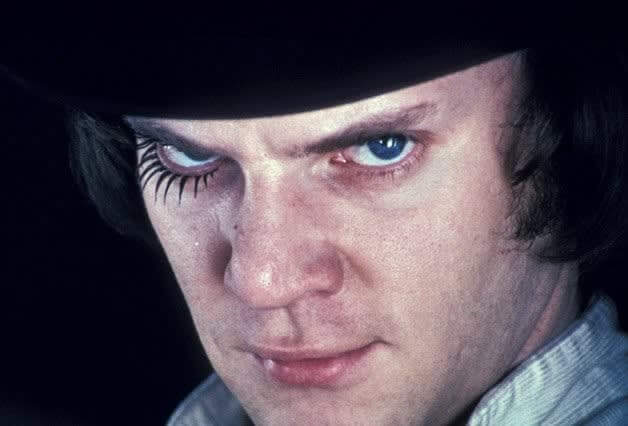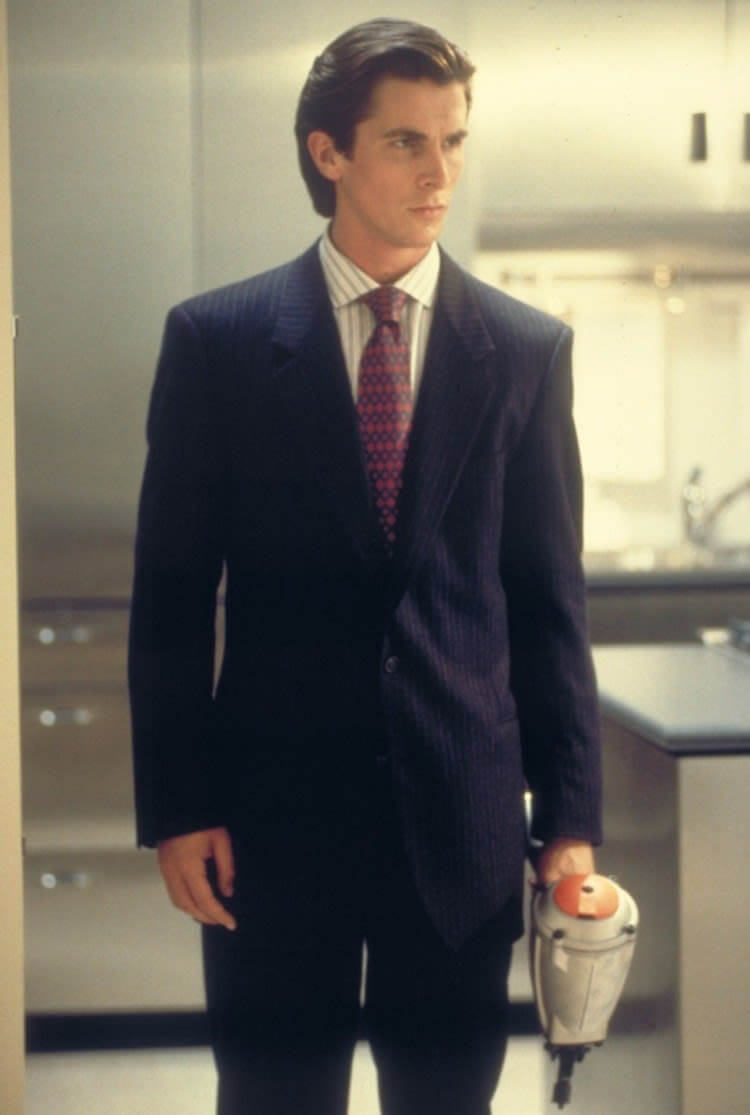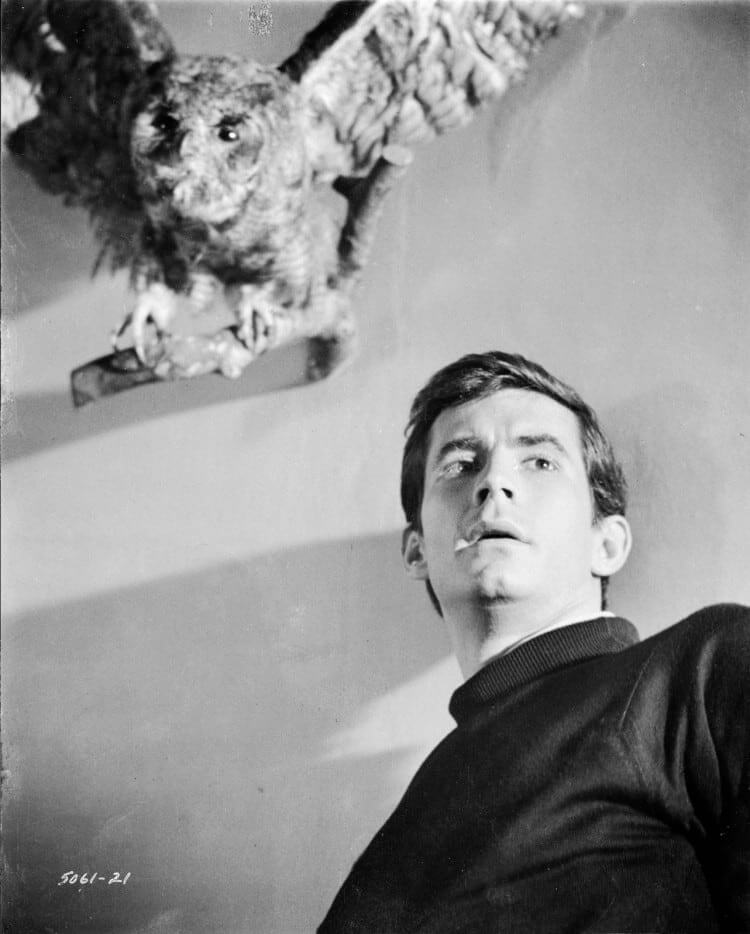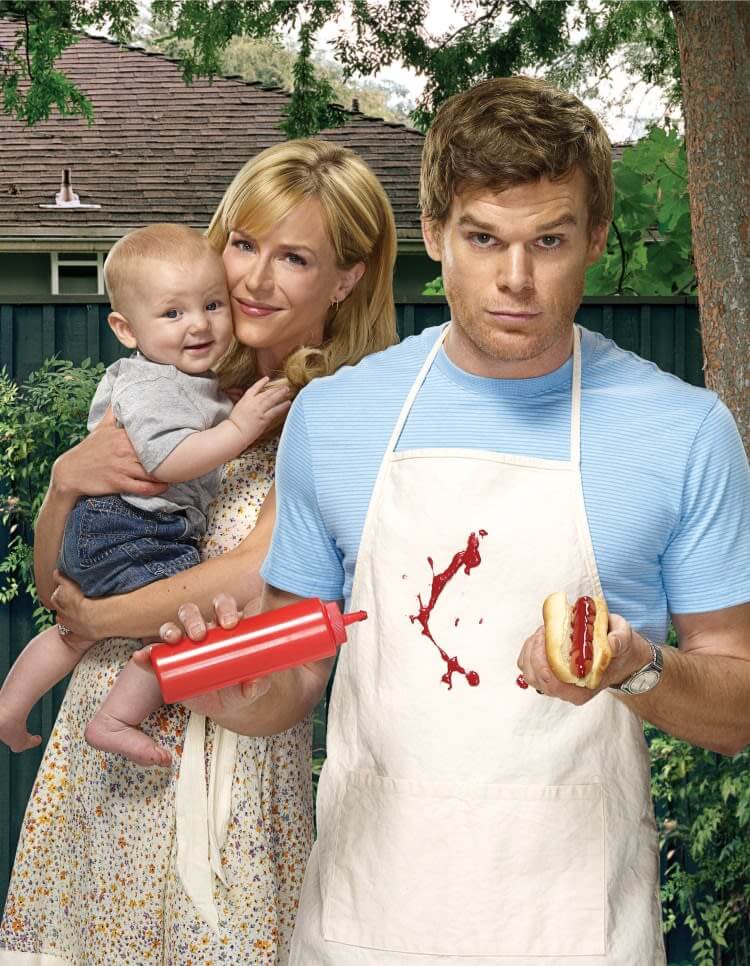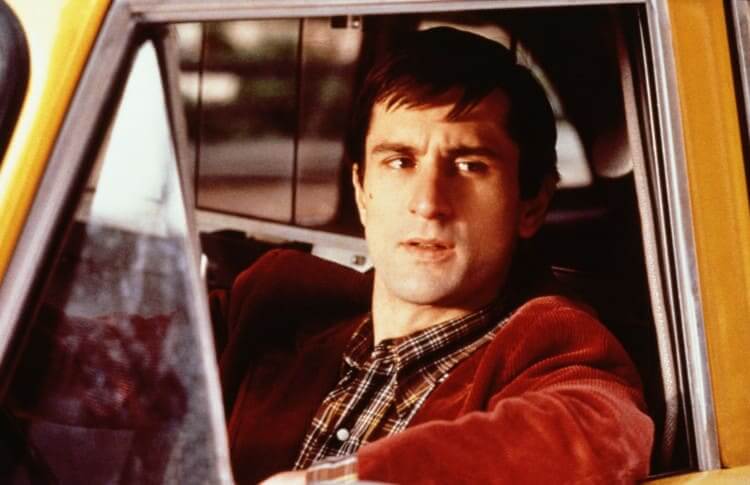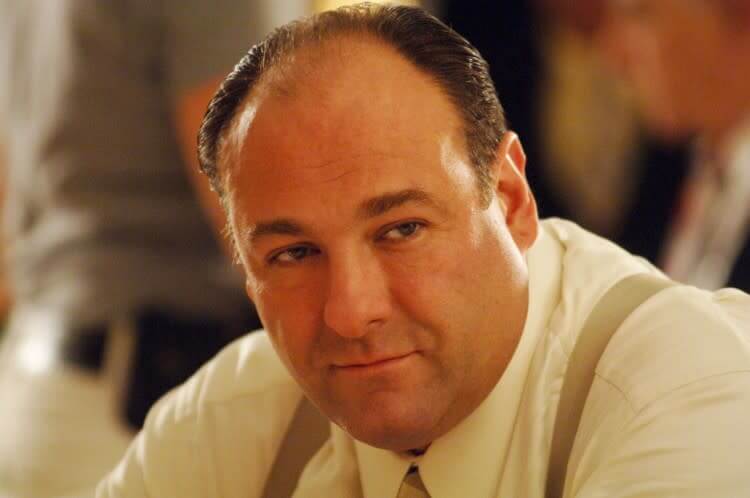From Psycho to American Psycho, from Hannibal to You – movies and TV are full of charming psychopaths, and the more we are exposed to their consciousness the more they become almost loveable heroes. We picked the best movies and shows that dive into the darkest souls, and do so in a convincing way. Check out this list of 10 most memorable psychos:
1. Nightcrawler
There’s no one as creepy as Jake Gyllenhaal when he tries to be. Gyllenhaal is a talented actor with big goo-goo eyes, which he perfectly uses to play a news stringer who decides to start creating the violent crimes he’s capturing. The movie doesn’t delve deep into the character and mostly stays in the dark satire territory, but Gyllenhaal’s performance is elevating it and adds substance and meaning.
His empty stare, frozen smile, his soft, emotionless tone - Gyllenhaal single handedly makes Nightcrawler a film worth watching.
2. Hannibal
The evolving love story between Will Graham, the genius FBI profiler, and Dr. Hannibal Lecter, a forensic psychiatrist and secret cannibal, brought us one of the most charismatic psychopaths to ever grace our screens. Lecter, virtuously played by Mads Mikkelsen, is a sweeping character which makes the viewers fall in love with and root for.
But the one who’s into his head we’re actually going is Graham, who has an amazing, almost supernatural, ability to sympathize with killers. The more Graham delves into psychopaths’ souls, the more he’s being drawn to the dark side, until he ultimately becomes one of them.
3. Bates Motel
The campy horror drama that shows how Norman Bates' (from the movie Psycho) life evolved through his teenage years, and ended up with him a psycho killer that keeps his mom’s corpse in a basement. From the beginning of the show, we know that little Norman will end up a murderer, and this knowledge effects the way we interpret his story.
We see how Norman begins to be involved in suspicious happenings, but we also see that the real villain in the story is the abusive mother (Vera Farmiga), who, just like in the Freudian tradition, has created the monster (though there’s no research to prove this theory).
4. A Clockwork Orange
The story is told through the eyes of Alex, a violence-loving, classical music-loving, young man who goes through condition-reflex therapy to treat his violent tendencies. Had director Stanley Kubrick also given him a heart, we might have understood him better, but he hadn’t.
Instead we got a powerful, memorable satire, and Malcolm McDowell’s petrifying look that is forever engraved as one of the most iconic and disturbing images in the history of cinema.
5. American Psycho
Yet another movie where the narrator is the psychotic hero, only this time there’s a real attempt to understand the mechanism behind the killing machine. We use 'machine' because that might be Patrick Bateman’s best description – he says he is an empty shell, a perfect mask of success which behind only violent passion exists.
Even though we don’t fully understand by the end of the movie if the murders actually took place, or were just a product of his imagination, Christian Bale manages to create a character that perfectly depicts the yuppie decay, with a cold, pretentious façade you won’t be able to forget for a long time.
6. You
This show is a clever mix between Dexter and Gossip Girl. You gets into the head of an obsessive stalker-murderer, but does it with the ease and wittiness of a sarcastic teen drama. Dan Humphrey – sorry, Penn Badgley – is again playing the role of the book loving nerd who creepily follows the popular girl, but this time the psychotic, disturbing subtext is clearly exposed.
Badgley’s narration creates a division between the public Joe, the guy who Beck (the subject of his obsession) thinks she knows, and what is actually happening behind closed doors and in his mind. This smart zig-zag between the normal suitor and the obsessive tormentor, transforms a quite simple thriller into a sweeping and disturbing tale.
7. Psycho
Alfred Hitchcock’s masterpiece moves between different heroes and heroines while Norman Bates, the murderer with the mommy-issues, mainly serves as the outside threat. However, after the famous shower murder scene, the movie pauses and gives Norman, of all characters, a moment of pure empathy. In a long, quiet scene, he cleans the shower of the blood, and we meditatively watch him as he washes away the horrors we have all just witnessed.
It’s a deep and beautiful scene, and for a fleeting moment it unites us and the psycho killer through complete identification, silent and clean like the shiny shower tiles.
8. Dexter
The ultimate show that takes us into the mind of a psycho killer. Our journey through Dexter’s psyche is simple and direct, his voice follows us in a nonstop dialogue through the show – it’s its main goal and greatest achievement. The identification starts already in the fantastic intro, that turns a regular morning routine to a bloody celebration of concealed violence. The theme of Dexter being a 'good' serial killer is problematic, but it helps to ‘market’ him to the viewers.
And so the show has to delve into some unconvincing psychological explanations about his becoming a psychopath, but despite this, it succeeds in its mission and makes us understand, identify with, and – against all odds – even love Dexter.
9. Taxi Driver
On the surface, this movie seems to be about a lonely person who takes law into his own hands. But, as the movie progresses, we realize that Travis Bickle is not just a well-meaning weirdo with a violent streak, but an obsessive psychopath, who luckily chooses a relatively ‘appropriate’ victim (a pimp). The movie ends with Bickle being hailed as a folk hero, with which the film's mission is complete: We dive so deep into the mind of a violent psychopath that we come to fully identify with him – and justify his violent acts.
One can argue whether Bickle is indeed a psychopath, or just a madman who happens to kill people from time to time, but this differentiation is a good example for the blurred lines that lie in the bottom of the movie.
10. The Sopranos
If Dexter begins with the protagonist declaring himself as a psychopath, and then we get to know his complex, real personality, The Sopranos does the opposite: at the beginning of the show, Tony Soprano introduces himself as a soft-hearted mafioso, who sometimes suffers from panic attacks because of his ‘work’. Like Dr. Melfi, we fall in love with him and his charm.
But by the end of the show, Melfi realizes that their therapy was an act, and that Tony played her – and us – the whole time; and that he doesn’t really care about anyone else in the whole world, a world in which others are just pawns on his chess board.


